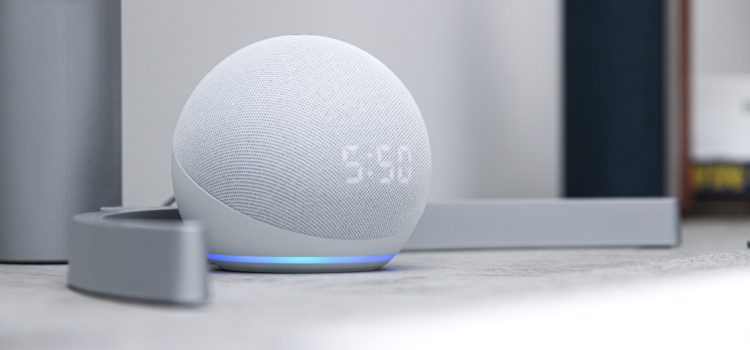
Introduction
The world of Artificial Intelligence is evolving at a breakneck pace. With newer, smarter A.I. technologies emerging every day, the once-esteemed virtual assistants like Siri, Alexa and Google Assistant are facing tough competition from their younger counterparts. The rise of these cutting-edge technologies has dethroned the old guard and changed the game altogether. In this blog post, we explore how these new A.I. technologies have revolutionized our interactions with technology and why they are leading us into a brighter future. So buckle up and get ready to discover what’s next in the ever-changing world of A.I.!
The Rise of A.I. Technologies and the Disadvantages They Encountered
When it comes to artificial intelligence (A.I.), there are a number of technologies that have come and gone in recent years. These include Siri, Alexa and Google Assistant, all of which were once considered the frontrunners when it came to A.I. technology. However, newer, smarter A.I. technologies have started to outpace these older ones, largely due to two main factors: increased computing power and improved algorithms.
As technology has improved, so too has the ability of A.I. systems to learn and improve upon their own performance. This is thanks in part to advances in deep learning and artificial general intelligence (A.G.I.), which allow machines to effectively deal with complex situations and understand natural language inputs without being explicitly programmed to do so.[1]
However, while these advancements have been great for making A.I more powerful and efficient, they have also posed some challenges for the technology industry as a whole. One such challenge is that many people are still not comfortable relying on A.I.-powered systems completely – particularly when it comes to important tasks like checking email or making basic decisions about what to eat for dinner.[2]
Overall, while there are some risks associated with the rise of newer, smarter A.I., overall it appears to be doing more good than harm so far – though it’s likely that this balance will change in the future as the technology becomes more widespread
How Siri, Alexa and Google Assistant Reacted to the Competition
Siri, Alexa and Google Assistant have been the top three most popular voice assistant technologies for years now. However, the rise of newer, smarter A.I. technologies has Dethroned them in recent months.
According to a study released by VoiceLabs earlier this year, 58% of people now use a different voice assistant than their default choice. This is largely due to the introduction of Siri’s competitors – Amazon Alexa and Google Assistant – which both offer better functionality and are more user-friendly than Siri.
This is particularly evident when it comes to multilingual support. Alexa and Google Assistant both support multiple languages, whereas Siri only supports English at present. Additionally, both Google Assistant and Alexa can be Used in conjunction with smart home devices such as smart TVs, speakers and microwaves., while Siri cannot currently do this…
The Future of A.I. Technology and How It Will Impact Us
With newer and more intelligent A.I. technologies becoming more prevalent, it’s hard to imagine using any other voice assistant than those currently dominating the market: Siri, Alexa and Google Assistant. However, this is likely to change in the near future as new A.I. technologies become available.
One such technology is conversational artificial intelligence (A.I.), which is a type of machine learning that allows machines to understand human language like humans do. Conversational A.I., or chatbots, are a particular type of A.I., and they are used to automate customer service or interact with customers on a one-to-one basis.
However, chatbots alone don’t have the capability to carry out complex tasks oractersized by natural language processing (NLP). That’s where deep learning comes in – a type of machine learning that allows machines to learn from data without being explicitly programmed. Deep learning has been instrumental in developing the current crop of A.I.-powered digital assistants, including Siri, Alexa and Google Assistant, and it will be key in furthering their development as well as that of other types of A.I..
There are many potential applications for conversational A.I., chief among them being automated customer service and email marketing automation. With customer service becoming increasingly complex – going beyond just answering questions – automated systems can take care of much of the work for agents, freeing up their time for more important
Conclusion
While Siri, Alexa and Google Assistant have been extremely popular in the past few years, newer A.I. technologies have come out that are proving to be more versatile and intelligent than the older options. The rise of these new technologies has caused them to lose some of their prominence, but they will always have a place in our lives as long as they continue to improve and develop.









